
The role of genomics in assisted reproduction
As medical understanding of genetic variation increases, genomic technologies are providing hope for assisted reproduction

Clinical interpretation: when is a variant a mutation?
Genome sequencing produces volumes of valuable data, but what are the challenges of interpretation that gives practitioners the answers they need?

Finding needles in haystacks: making sense of genomic data
Sequencing the genome is just the start; interpreting the sequence is the next big challenge
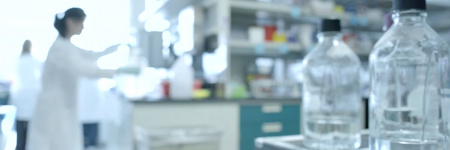
Sequencing cancer DNA - what are the issues?
Whole genome sequencing can reveal vast amounts about how cancer cells work, but the process of discovery is not without challenges
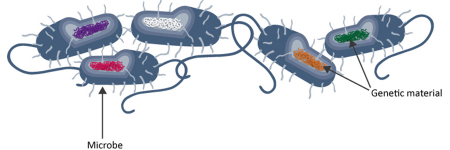
How to handle hospital-acquired infections with genomics
Technology used to analyse the human genome can be applied to infective agents to identify and track the outbreak
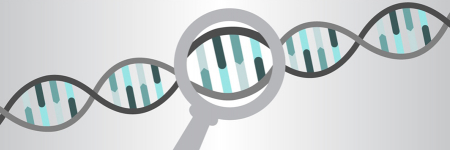
Unexpected genomic findings: who wants to know?
A ground-breaking survey on health professionals, researchers and the public's attitudes towards genomics raises some important questions

The 100,000 Genomes Project – sorting fact from fiction
As the first patients are set to be recruited to the main study this month: what are the truths and myths about this Project?
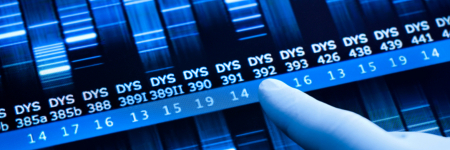
Step closer to mainstream precision medicine
Rare disease diagnoses made for two of the families involved in the 100,000 Genomes Project
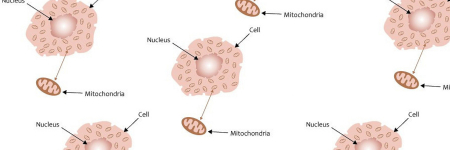
Making sense of mitochondrial disease
Updated: The UK has approved new techniques to fix problems in mitochondrial DNA. Here's how 'three-person IVF' will work

What do NHS patients want from genome sequencing?
Genetic Alliance’s report makes recommendations for the clinical use of whole genome sequencing, and the healthcare professionals that would support it
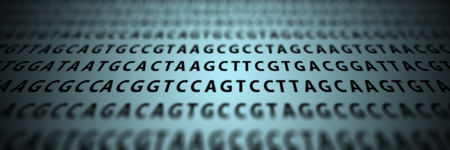
DNA sequencing and data: a combined revolution in healthcare
Advances in both genomic and digital technologies bring both opportunities and challenges for the health sector


